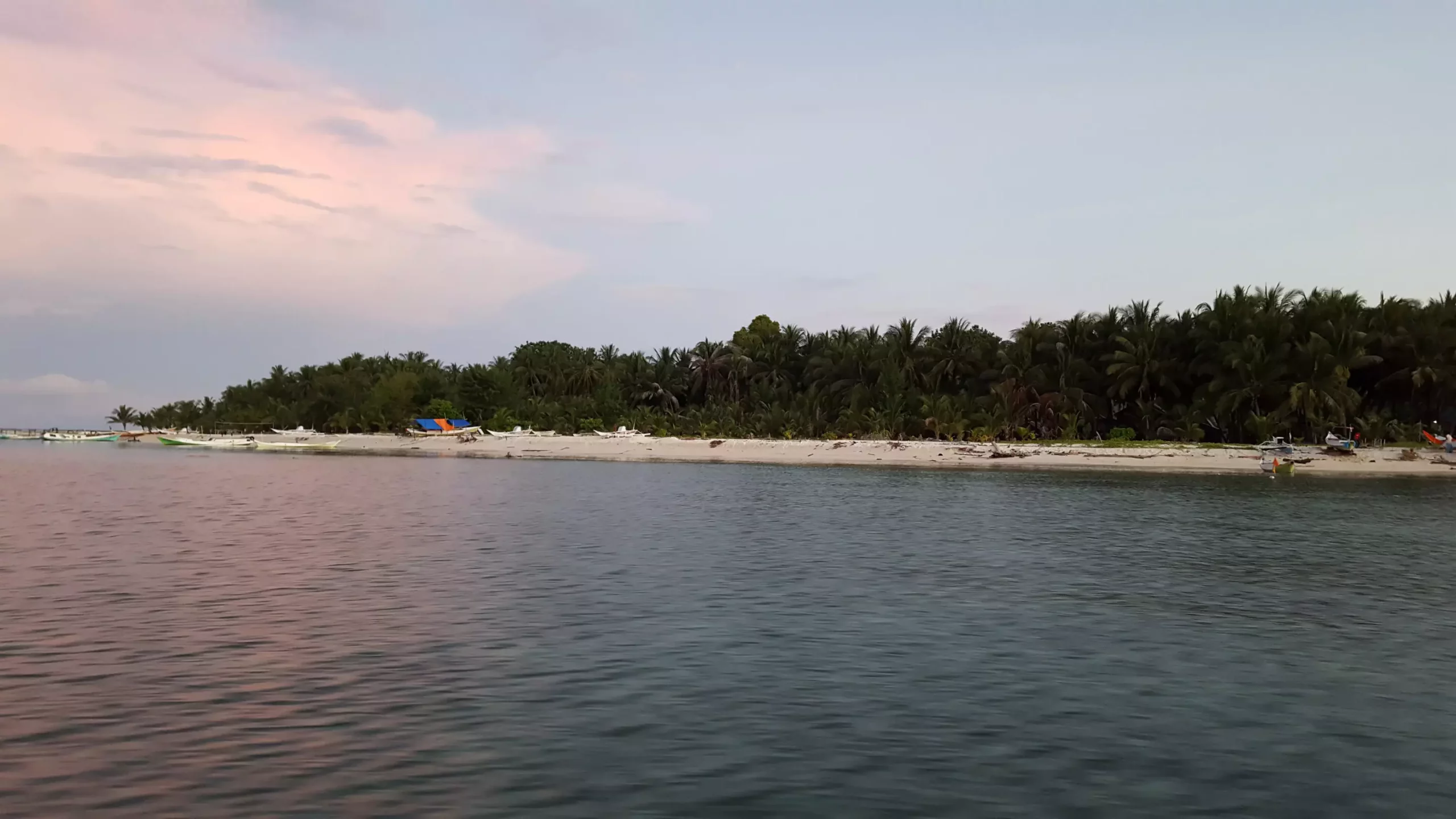The complexities of marine ecosystems are often highlighted by the dynamic relationship between coral reefs and island formations. This interplay was vividly illustrated in a recent study involving Langkai, an inhabited island in the Spermonde Archipelago of Indonesia. Contrary to expectations, researchers from the Leibniz Center for Tropical Marine Research (ZMT) discovered that while surrounding coral reefs faced severe stress and degradation, Langkai continued to grow in size—a remarkable phenomenon that invites a reevaluation of ecological resilience in the face of environmental change.
The study provides significant insights into the sedimental dynamics of reef islands, suggesting that they are not merely passive actors in the ecological theatre. Instead, these islands demonstrate a capacity for adaptation, reflecting the nuanced ways in which environmental pressures shape their development. The researchers specifically focused on sediment analysis to explore how the poor health of surrounding reef systems impacted the production of materials that compose the island itself.
The Role of Sedimentary Composition in Island Growth
At the heart of the study is the intriguing discovery of shifting sedimentary compositions around Langkai. The scientists conducted extensive examinations of over 50 sediment cores retrieved from the island. Findings indicated a marked decrease in coral skeletons, coupled with an unexpected rise in calcifying green algae, specifically Halimeda. This shift signals a broader ecological trend where reefs, once dominated by corals, transition to algal supremacy—often a symptom of environmental distress, including climate change and overfishing.
Nonetheless, the researchers reported a paradox: despite the declining coral presence, the island itself has grown by 13% since 1999. This raises critical questions about the interplay between coral degradation and sediment stabilization. Loosely interpreted, it might suggest that reef islands can sustain growth in more algae-dominated environments. This is a notable departure from the previously held belief that coral degradation unequivocally leads to island destabilization.
Understanding the Implications of Algal Dominance
While the study provides a glimmer of hope regarding the resilience of reef islands, it is essential to recognize the broader implications of algal dominance on marine ecosystems. Coral reefs serve as a fundamental barrier that protects coastlines from erosion, a function severely compromised when these ecosystems degrade. The obvious question arises: can calcifying algae perform the same protective role as thriving coral reefs?
Interestingly, the evidence suggests that while islands may grow under algal influence, the long-term ecological health of these islands remains questionable. Algal-dominated reefs can change the composition and behavior of sediment, affecting not only the island’s structural integrity but also the myriad marine species reliant on healthy habitats. Thus, the results of this research bring to light the need for a balanced understanding of ecosystem interdependencies.
The Global Context of Marine Ecosystem Challenges
The findings from Langkai resonate broadly, reflecting a global narrative of declining coral health amid rising ocean temperatures and pervasive environmental pressures. Coral bleaching events, driven by climate change, pose an imminent threat to biodiversity. With reefs deteriorating worldwide, the emergence of alternative sediment providers, like algal species, raises questions about the future of marine landscapes.
Integral to this discourse is the concept of marine ecosystem restoration. The research emphasizes that while certain adaptation pathways exist for islands like Langkai, relying on shifting dynamics toward algal dominance is not a sustainable solution. The focus must instead shift to conservation initiatives that prioritize the protection and restoration of coral reefs to ensure long-term stability for both marine habitats and the islands they support.
Empowering Local Communities for Ecosystem Preservation
An essential aspect of marine conservation is engaging local communities in stewardship efforts. Recent initiatives have been launched to educate and empower residents to participate actively in protecting marine ecosystems. This holistic approach not only surfaces the importance of local knowledge but also reinforces the connection between people’s livelihoods and the health of coral reefs.
As scientific narratives evolve, it is critical to bridge the gap between research findings and community-based action. By fostering awareness and establishing collaborative projects focused on marine conservation, there is hope that the tides can turn back in favor of coral reefs, creating a more balanced ecosystem and ensuring the sustainability of islands like Langkai.
Thus, while Langkai exhibits an unexpected resilience in the face of environmental change, the pressing need for concerted global efforts to address the challenges facing coral reefs cannot be understated. The lessons learned from this study pave the way for insightful discussions on the interplay of ecosystems, underscoring the significance of maintaining the delicate balance that ensures the thriving of both coral reefs and the islands they sustain.


Leave a Reply